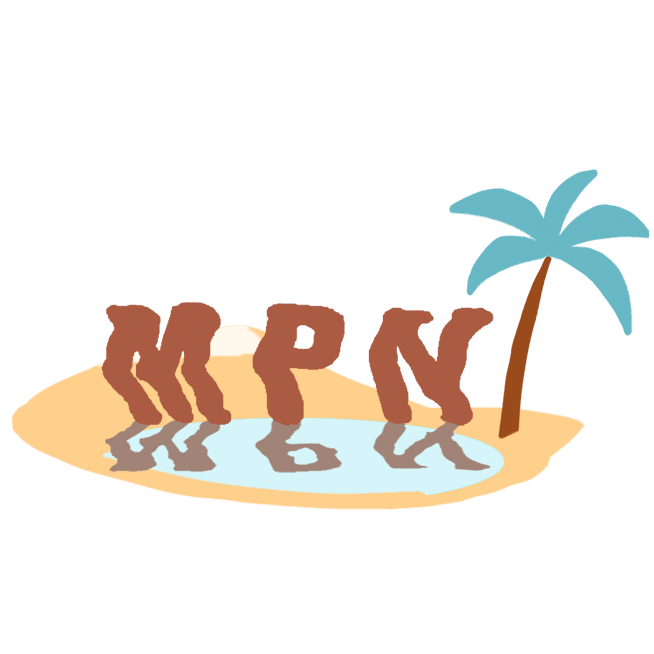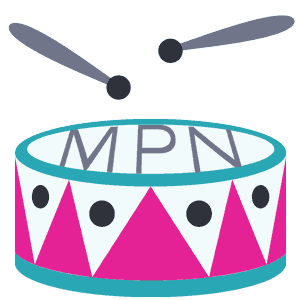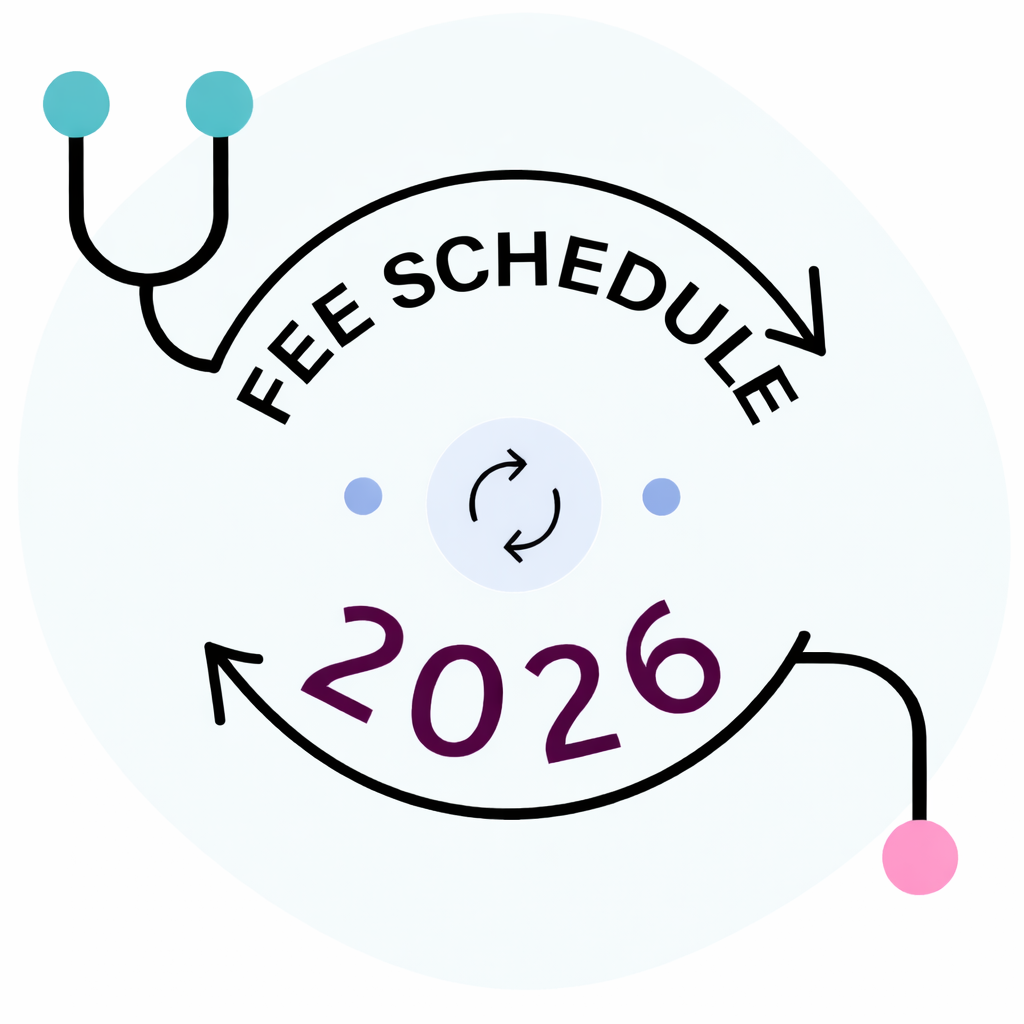CA MPN Access Requirements: Real or Mirage?

On paper, an MPN (Medical Provider Network) is simply a group of providers established by an insurer or self-insured employer; injured workers may only seek care from the providers in their employer’s (or employer’s insurer’s) MPN. The idea is that MPN providers are vetted, trusted, and cost-efficient.
In other words, MPNs are sold to employers and insurers as a way to restrict injured workers’ care to certain providers, who are paid significantly less than the amounts allowed by the state workers’ comp fee schedule.
But in exchange for the right to restrict care to MPN providers, there is a legal obligation to ensure access to adequate care within the MPN. And we suspect that those mandatory access requirements might not be strictly adhered to in all cases.
Employers, think carefully before agreeing to subject your injured employees to this broken MPN system. Below, we outline MPN access requirements, and dare to wonder whether any of it is really being enforced.
MPN Access Requirements
The alleged goal of an MPN is to provide injured workers with access to quality medical care while simultaneously controlling the costs of workers' comp claims.
In practice, MPNs are mostly tools to convince doctors to accept discounts, or to deny reimbursement for treatment altogether. As for ensuring access to quality care, this is what’s supposed to happen, per California Labor Code Sections 4616 through 4616.7 and California Code of Regulations Section 9767.5:
- Provider Access: Injured workers must have access to primary care physicians and specialists within the MPN. The MPN must include a variety of provider types, such as medical doctors, osteopathic physicians, chiropractors, acupuncturists, and others.
- Geographic Accessibility: Primary care physicians should be available within 15 miles or 30 minutes of the worker's residence or workplace, and specialists within 30 miles or 60 minutes.
- Timely Appointments: Injured workers must be able to get an initial appointment with a primary care physician within three business days, and with a specialist within 20 business days of a request.
- Continuity of Care: If an injured worker's treating physician leaves the MPN, the worker may be entitled to continue treatment with that physician for a specified period under certain conditions.
- Second (and Third) Opinions: If an injured worker disagrees with the diagnosis or treatment plan provided by their treating physician, they have the right to seek a second and, if necessary, a third opinion from other physicians within the MPN.
- Independent Medical Review (IMR): If an injured worker exhausts the second and third opinion process and still disagrees with the treatment plan, they can request IMR.
- Medical Access Assistant (MAA): The insurer or self-insured employer must designate an MPN contact person to help injured workers with questions, assist in finding providers, and address any concerns related to accessing care within the MPN.
- Employee Notification: Employers are required to provide employees with information about the MPN, including how to access medical care, seek second and third opinions, and request IMR.
Are MPNs Helping Employers (or Injured Workers)?
Are MPNs actually protecting employers from unwarranted spending on excessive treatment? The Utilization Review (UR) and authorization process already ensures that no injured worker can receive care without the employer/insurer’s approval — making MPNs arguably redundant.
In fact, California law is clear that once treatment is authorized and approved through UR, it makes no difference whether the provider is an MPN member.
More importantly, are the above requirements for access to care really enforceable, given how impossible it is to keep track of MPNs, their approval statuses, and their provider rosters? The Division of Workers’ Compensation (DWC) lists 2,486 MPNs total. Of those:
- 2,142 do not have ‘Approved’ status as of the most recent update.
- Of the 344 approved MPNs, 150 are maintained by “entities” that provide “physician network services” (we call these “Mirage Provider Networks, as these “entities” have no legal right to dictate where injured workers may seek care).
This leaves only 194 approved MPNs maintained by actual employers and insurers, to which California Labor Code grants the “exclusive right” to determine which providers may treat their injured workers.
Over and over, we see denials of payment for treatment where the claims administrator cites provider non-membership in the MPN — only to discover the MPN in question is:
- Terminated, or
- Withdrawn, or
- Suspended, or
- Not maintained by the employer or insurer covering the treatment
In our extensive experience, MPNs are less about ensuring adequate care, and more about ensuring bargain-bin prices for care. The question is: why would any employer want this for their injured employees?
No one is policing or even adequately managing the MPN system as it exists in California today. Few providers and injured workers know their rights. Physicians usually have no idea if they are part of a given MPN, and even less idea which nearby specialists are MPN members, and therefore safe to refer injured workers to.
Add the inadequate enforcement that characterizes the MPN system and workers’ comp generally, and there’s a huge question mark hanging over the access requirements above. The result: injured workers may face real obstacles to care.
And for what? To drive reimbursement down to below Medicare rates, ensuring even fewer providers are willing to treat injured workers?
Only employers can protect their employees, by refusing to participate in an MPN system that has always been broken. Some discounts are simply not worth the real cost.
Protect your practice. Harness the power of daisyBill software, data, and expertise for faster, better workers’ comp billing. Request a demo below.
REQUEST DEMO
DaisyBill provides content as an insightful service to its readers and clients. It does not offer legal advice and cannot guarantee the accuracy or suitability of its content for a particular purpose.




